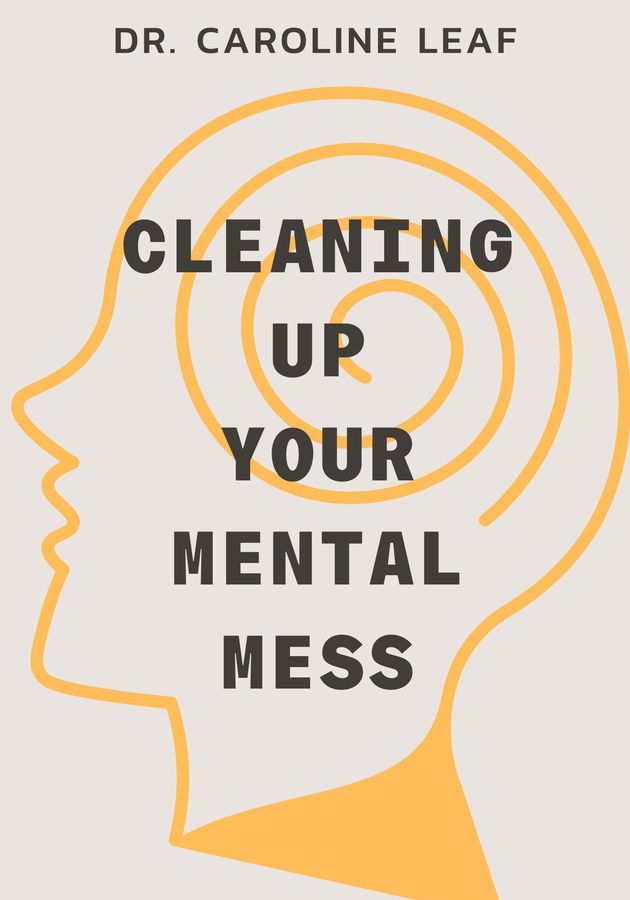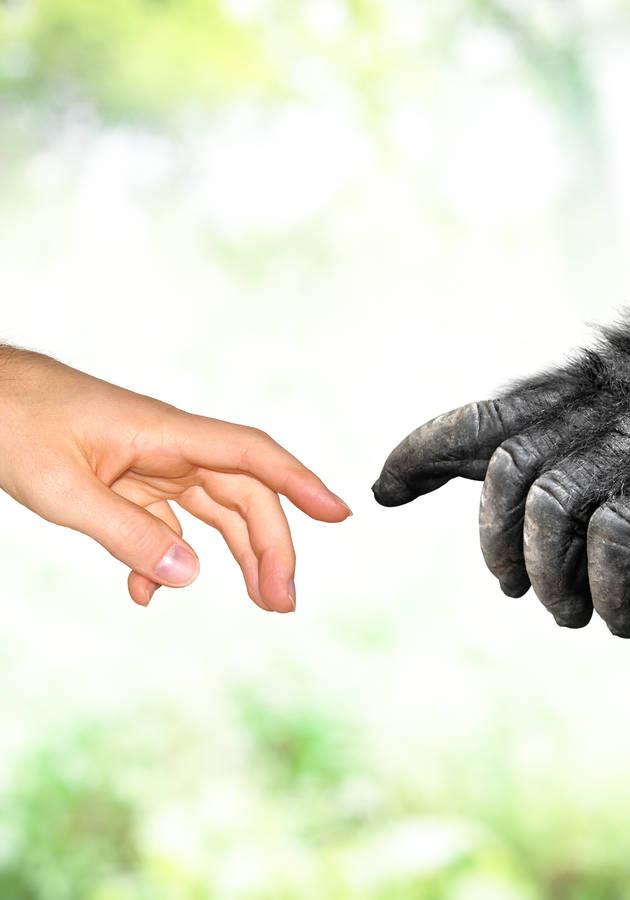Buddhist monk Thich Nhat Hanh is one of the most revered Zen teachers of the 20th century, and his pithy, pocket-sized collection of teachings on the matters of the heart titled simply “How to Love” is perhaps his most popular and beloved book. Get ready to discover why!
Heart like a river
If you pour just a spoonful of salt into a cup of water, the water will become too salty to be drinkable. However, put the same amount of salt into a river, and practically nothing will change - people will still be able to use the river water to cook, wash, and drink. Unlike the cup, the river is just too immense to be affected by a spoonful of anything. It is because of its immensity that it has the capacity to receive, embrace and transform. Love is pretty much the same.
“When our hearts are small,” illuminates the analogy Nhat Hanh, “our understanding and compassion are limited, and we suffer. We can’t accept or tolerate others and their shortcomings, and we demand that they change. But when our hearts expand, these same things don’t make us suffer anymore. We have a lot of understanding and compassion and can embrace others. We accept others as they are, and then they have a chance to transform.”
In other words, contrary to popular notion, it is not love that makes people magnanimous, it is magnanimity that makes love possible. As tautological as it might sound, to experience true love, first you need to become more loving. The bigger your heart at the beginning, the grander the love you can give and receive, the superior your capacity to accept and transform others. Plant a tree in a small space, and it will soon outgrow its spot – despite regular pruning, it will eventually need to be cut down. What’s more, if the tree’s roots don’t have enough room to establish and spread, they won’t be able to withstand heavy winds and storms.
You have to make a lot of room in your heart so that your love can grow and expand, endlessly and without a break. You should never force it to grow in a particular direction, nor should you prevent it from spreading beyond the other person. True love includes everybody. The moment love stops growing, it begins to die. Just like a tree.
Nourishing love with natural happiness
Just like a tree, love is “a living, breathing thing” and needs food to grow. Most people think that love is the food of happiness, but Nhat Hanh suggests that, in fact, the opposite is much truer. “When we feed and support our own happiness,” he writes, “we are nourishing our ability to love. That’s why to love means to learn the art of nourishing our happiness.” But where should you find happiness?
It is not easy to answer that question, but only because the question itself is wrong. You don’t look for happiness: you become aware of it. The simple fact is that we are all born happy, but as we grow up in the world and acquire fears, anxieties, and desires, we forget how. Quite paradoxically, it is our constant pursuit for happiness that makes us unhappy. The more objectives we put before ourselves, the less we are aware of the things happening to us in the present moment, the less capable we are to experience them without judgment and conviction.
Take walking, for example. If you walk with full awareness of every step that you make, if you walk without having a goal to get anywhere in this world, happiness will arise naturally inside your heart. “When we’re in touch with the wonders of life,” comments Nhat Hanh, “we become aware of the many conditions of happiness that are already there, and naturally we feel happy. The beauty around us brings us back to the present moment so we can let go of the planning and worries that preoccupy us.”
Just like everything else, love happens in the present. So, the next time you see your beloved absorbed in anxiety, turn their focus away from the future to the things happening around them at the moment. “Love,” say to them, “can’t you see the sun setting down on the horizon? Can’t you sense the slow blooming of the flowers, can’t you appreciate the inevitable coming of the spring? Leave your worries aside and feel the warmth of these words pouring from my burning lips, waiting to kiss you.” This is mindfulness: the ability to be fully and intensely present in the moment. Only then you can be in touch with the happiness that is already inside you, and around us all.
The four elements of true love
Most people expect to get something out of love. But true love is solely about giving. More than anything else, it is about understanding the other person’s pain and suffering. “Understanding is love’s other name,” says Nhat Hanh. “If you don’t understand, you can’t love.” The same holds true for reverence: if you don’t respect the one you think you love, you don’t really love them. In some parts of Asia, there is a beautiful tradition which says that you should always treat your partner with the veneration you would accord a guest. This is true love.
According to Nhat Hanh, true love is made of four elements which in Sanskrit are named maitri (mai-tree), karuna (kah-roo-NAH), mudita (moo-dee-tah), and upeksha (opaque-sha). In English, they can be translated as loving kindness, compassion, joy and equanimity. This is what each of them encompasses:
- Loving kindness. The essence of loving kindness is the ability to offer happiness to the other person. Of course, you won’t be able to do this until you have happiness for yourself. So, start healing your wounded self through mindfulness so that you can one day elevate your beloved’s mood and character through loving kindness. Nourish your heart so that it can nourish the hearts of others.
- Compassion. Compassion is the capacity to understand the suffering of the other person. Once again, the only way to help someone understand their pain is by understanding your own. Only then you can transform both.
- Joy. The capacity to experience and offer joy is the third element of true love. “True love includes a feeling of deep joy that we are alive,” remarks Nhat Hanh. “If we don’t feel this way when we feel love, then it’s not true love.”
- Equanimity. The fourth and final element of true love is equanimity or, even better, inclusiveness. In love, as they say, two must become one. It is the absence of any boundaries between you and the other person that makes love such a sought-after and sacred experience. What happens to your loved one happens to you, and vice versa. As the great Russian writer Mikhail Bulgakov (bool-GAH-kov) wrote in “The Master and Margarita,” “the one who loves must share the fate of the one who is loved.” Otherwise, it’s not love, is it?
One body/mind, two catalysts, and three strong roots
In addition to the traditional four elements of love, there are also two catalysts that help these components mix and react with each other in oh-so-wondrous ways. These are respect and trust, and they can be found in each of the four elements. Love without trust and respect for oneself and for the other person is not yet love, because it allows for fear and doubt. There are neither reservations nor anxieties in love – just pure energy and vivacity. In love, you have already lost everything you own or might win if you are not capable or willing to go all-in from the outset.
Going all-in means being there with both body and mind. This dualism has been a major preoccupation for Western philosophers ever since Aristotle and Plato, and especially after René Descartes. Eastern thinkers never had to deal with such a trivial problem. To them, body and mind were never meant to be two separate entities. Whatever happens in the body changes the mind; whatever happens in the mind has an effect on the body. Just like the mind relies on the body to manifest itself, the body relies on the mind to be alive and exist. That’s why, if you don’t respect the body of your beloved, you’re not respecting their mind as well. You’re not respecting yourself as well, because in love, you are whole and connected. Sexual desire, in itself, is not love, and sexual activity without love is empty and hollow. Conversely, in the presence of love, sex becomes an intimate and transformative experience.
As we already noted, to weather the storms of life and keep your commitment to your partner, your love will need to grow strong roots. The roots of a lasting relationship, according to Nhat Hahn, are mindfulness, deep listening and loving speech. A strong community to support you is always a plus, as well as a shared aspiration. Because when you have the same concerns and desires as your partner, you leave no room for doubts, jealousy or fear.
The six mantras of love
The best way to nourish your happiness and love is through mindfulness and meditation. They will help you master the arts of compassionate listening and selective watering. Selective watering is the process of watering only “the good seeds” in the relationship, thereby giving these healthy and positive elements a chance to manifest and grow. Compassionate listening, on the other hand, means listening with the sole purpose of giving the other person a chance to speak out and suffer less. Even a few minutes of listening like this – with mindfulness and understanding – can be very healing for both the listener and the speaker.
In addition to becoming a better listener, in love you should also strive to become a gentler talker. The following six mantras should help you get there:
- I am here for you. The greatest gift you can give to others is your presence. That’s why “I am here for you” is the first of the six mantras. It turns the attention of the other to your understanding, to the current moment and to the realness of life and love.
- I know you are there, and I am happy is the second of the six mantras. It communicates both gratitude and the joy of sharing. “Whenever you are truly there,” writes Nhat Hahn, “you can recognize and appreciate the presence of the other, whether that is the full moon, the North Star, the magnolia flowers, or the person you love.”
- I know you are suffering. The third mantra conveys understanding and sympathy. Nothing makes us feel more loved than the realization that there is someone who can relate to our pain. Compassion, remember, is one of the four basic elements of true love.
- I am suffering. Whenever we’re hurt, our pride prevents us from sharing the pain with others. However, if we really love someone, we must overcome this pride, inform them about our feelings and ask them for their help. Only then they can actually help us.
- This is a happy moment. The fifth mantra is meant to remind you that you are a very lucky person and to wake you up to the conditions of happiness that are there. Utter it or even whisper it whenever you’re with the one you love, walking together, eating together or merely talking to each other. “Mindfulness makes the present moment into a wonderful moment,” says Nhat Hahn.
- You are partly right. Whenever someone criticizes you or congratulates you, reply with this mantra. Everybody has their own weaknesses and strengths. To love truly and humbly, you mustn’t lose yourself in either.
Final notes
They say that great things come in small packages. “How to Love” – an almost aphoristic guide to understanding the nature and beauty of love – is an excellent proof of the truthfulness of this old adage.
A perfect gift for almost anyone.
12min tip
“To love without knowing how to love,” says Thich Nhat Hanh, “wounds the person we love.





























